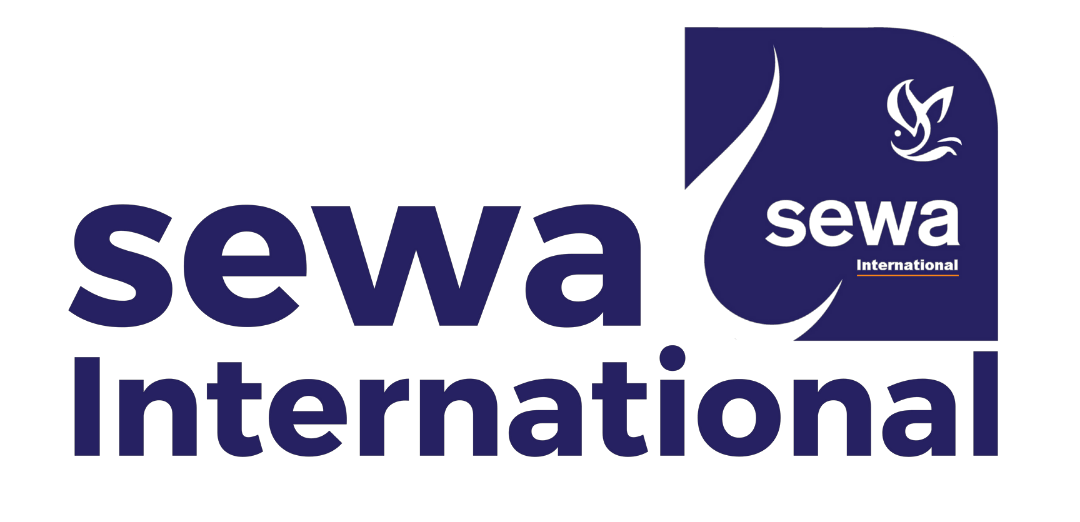 |
Civil20 at G20: |
Civil20 at G20: India's Opportunity To Expand The Civilizational Footprint |
It’s been 3 months since India took over the mantle of the G20 presidency. With hoardings around G20 engulfing the public spaces across major cities and towns, this year encourages excitement as a major diplomatic milestone in India’s history. With India anchoring one of the biggest global conglomerations of leaders from developed and emerging nations, the G20 presidency gives India an important opportunity to shape the international response to pressing issues like the post-COVID recovery, global economic slowdown, terrorism, and climate change. One of the key features of the G20 structure is its three different work streams. The first workstream, also called the sherpa track, is for the heads of state, the second is economic which brings together the finance ministers and governors as part of the finance track, and the third track is in the form of dedicated engagement groups for think tanks (T20), scientists (S20), business leaders (B20), civil society (C20), etc. While taking up the presidency of G20, our prime minister, Narendra Modi Ji set out an expansive vision for India’s G20 presidency to be “inclusive, ambitious, decisive and action-oriented”. This not only sparks hope but also sets up opportunities and vision for India, Indians, and the world. A conspicuous role in realizing the Prime Minister’s vision needs to be played by the civil society organizations of this country and the civilization. In this article, we would discuss the role of the civil20 group to expand India’s civilizational footprint. Civil society in India has always displayed vibrancy and independence as it has been part of our civilizational identity. In RamCharitManas, Guru Vashistha says to Lord Rama to give due consideration to the views of civil society and the advice of the holy persons, highlighting the importance of civil society. During the Bhoodan Movement, (Land Gift Movement) of the 1950-60s led by Acharya Vinoba Bhave, 40 Lakh acres of land were voluntarily given away as daana to the needy. This civilizational state with the age-old rituals and practices of ‘Daana’ and ‘Sewa’ has permeated through generations and continues to impact millions of lives. Just last year, COVID-19 oversaw a multitude of social organizations stepping up in the middle of the pandemic to serve communities with food, oxygen, and essential supplies with the spirit of ‘selfless service’. With the declaration of the theme of the G20 presidency as Vasudhaiv Kutumbakam, our nation has propounded a civilizational value as the core guiding principle of the G20 Summit. In line with this, the C20 summit offers a unique opportunity for the civilizational state of India to assert the ideas of development that can guide the world. This assertion can take four different forms. First, on the core idea of development, C20 presided over by India needs to expand from the idea of civil society from only rights-based activism to include responsibility-based localized developmental work. This is a major difference in the thought process that centers the idea of civil society on the unit of community identities, rather than only individual identities. Dr. R Balasubramanium, Member, Capacity Building Commission and Founder, SVYM says: “The responsibility-based approach followed by the grassroots communities in India is the reason for our sustained cultural diversity and decentralized nature of authority. Civil societies must design their interventions with the core of community, rather an individual” Second, C20 needs to not just act as voices of the grassroots at the policy table, as is the dominant worldview for the role of civil society, but also to share an independent system that executes bottom-up development with community ownership. This means an actionable role of civil society for development, not just as an arm of the government but as a core system of society. Divya Singh, Consultant to the Ministry of Culture says “C20 offers a unique opportunity for Indian Civil Society to bring the experiences and needs of the grassroots of India to a global policy table for synergic action across the world in sync with local cultures”. Third, as a nation recognized globally for diversity, India must showcase India’s social diversity to the world as an example of mutual respect, co-existence, and symbiotic existence of cultures. Civil20 needs to take lead in this leveraging all the different facets including artisan groups, social leaders, social workers, advocacy groups, activist organizations, and community institutions. Dr. Nomesh Bolia, Professor, IIT Delhi says: “Indian diversity has always awed global stakeholders, and G20 is an opportunity for the civil society organizations to demonstrate the Indian example for unity in the contemporary world order ridden with conflicts”. Fourth, in the two main constituents of any civil society group: people and resources, India has a unique model to offer to the world. The deep-rooted spirit of volunteerism or selfless service (sewa) in Indian culture is a core component of a large number of civil society groups in India. Even in terms of resources, the majority of civil society groups continue to serve with trust-based localized fundraising efforts with the communities making selfless donations (daana) on regular basis. Venkatesh Murthy, C, Youth For Seva says: “In India, lakhs of local NGOs are completely driven by volunteer-led teams, and supported by their localized community contributions. This model is super effective as it is trust-based.” The Indian Civilization has sustained and nurtured itself for millenniums based on a mutual dependency between samaj (society or civil society), bazaar (businesses) and sarkar (government). India’s G20 Presidency propels its role as an emerging leader in the global scenario, where India can share a vision for the future based on civilizational values. C20 needs to play an important role by being assertive, confident and prepared for a global footprint. India needs it. The world needs it. Humanity needs it. About the Authors:
|
